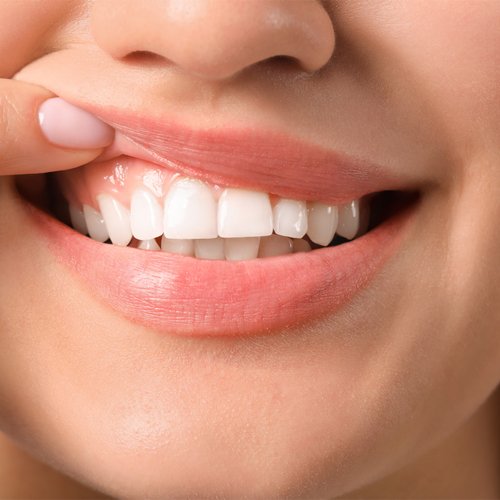What is the best method to whiten teeth?

Whitening teeth is a common goal for many people looking to improve their smile. There are several methods to achieve whiter teeth, each with its own advantages and considerations. Here are the most effective and popular ways to whiten teeth:
Whitening Toothpaste:This is one of the simplest methods. Whitening toothpaste contains mild abrasives and sometimes small amounts of peroxide to help remove surface stains. It’s easy to use and can be incorporated into your daily routine. However, it may take a few weeks to see noticeable results.
Over-the-Counter Whitening Strips and Gels: These products are widely available and easy
to use.
Whitening strips are thin, flexible plastic strips coated with a whitening gel containing peroxide.
You apply them to your teeth for a certain period, usually around 30 minutes per day for a couple
of weeks.
Whitening gels come with a small brush that you use to apply the gel directly to your
teeth. Both methods can provide noticeable results in a few days, but they must be used
consistently.
Whitening Rinses: These are similar to mouthwashes and are easy to
use. They contain hydrogen peroxide and can help to freshen breath and reduce dental plaque while also whitening your teeth. However, rinses are less effective than strips or gels because the whitening agent is in contact with your teeth for a shorter time.
Professional Whitening Treatments: If you want faster and more dramatic results, you can visit a dentist for professional whitening. Dentists use stronger bleaching agents than those available over the counter. They may use a special light or laser to enhance the whitening process. This method is more expensive but can make your teeth several shades lighter in just one visit.
Home Whitening Kits from Your Dentist: Some dentists offer custom-made trays for home use. These trays fit your teeth perfectly and are used with a professional-grade whitening gel. You wear the trays for a few hours a day or overnight for a few weeks. This method combines the convenience of at-home whitening with the effectiveness of professional treatment.
Natural Remedies: Some people prefer natural methods such as brushing with baking soda or using hydrogen peroxide as a mouthwash. While these can help to some extent, they are usually less effective than other methods and should be used with caution to avoid damaging your teeth and gums.













